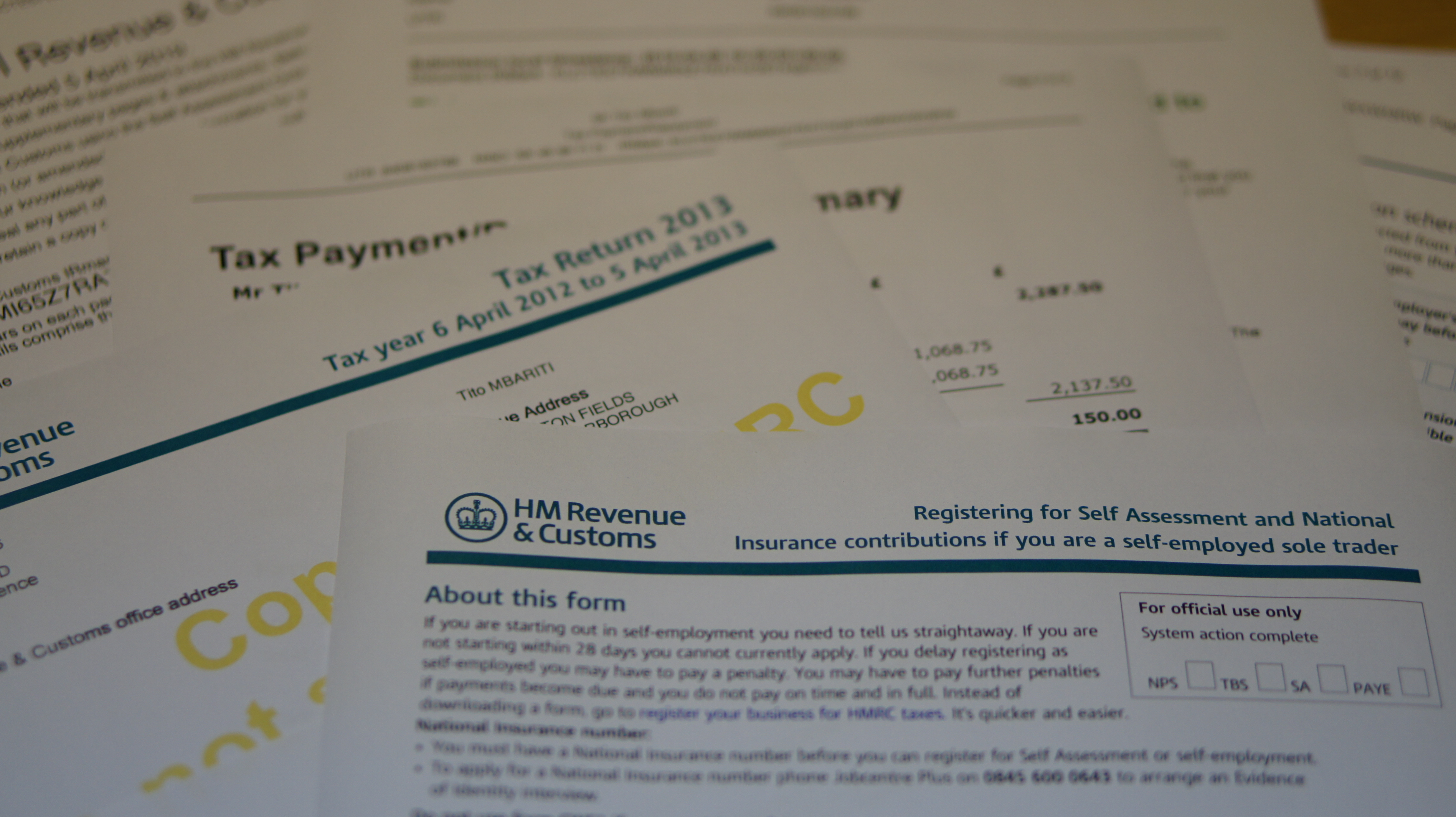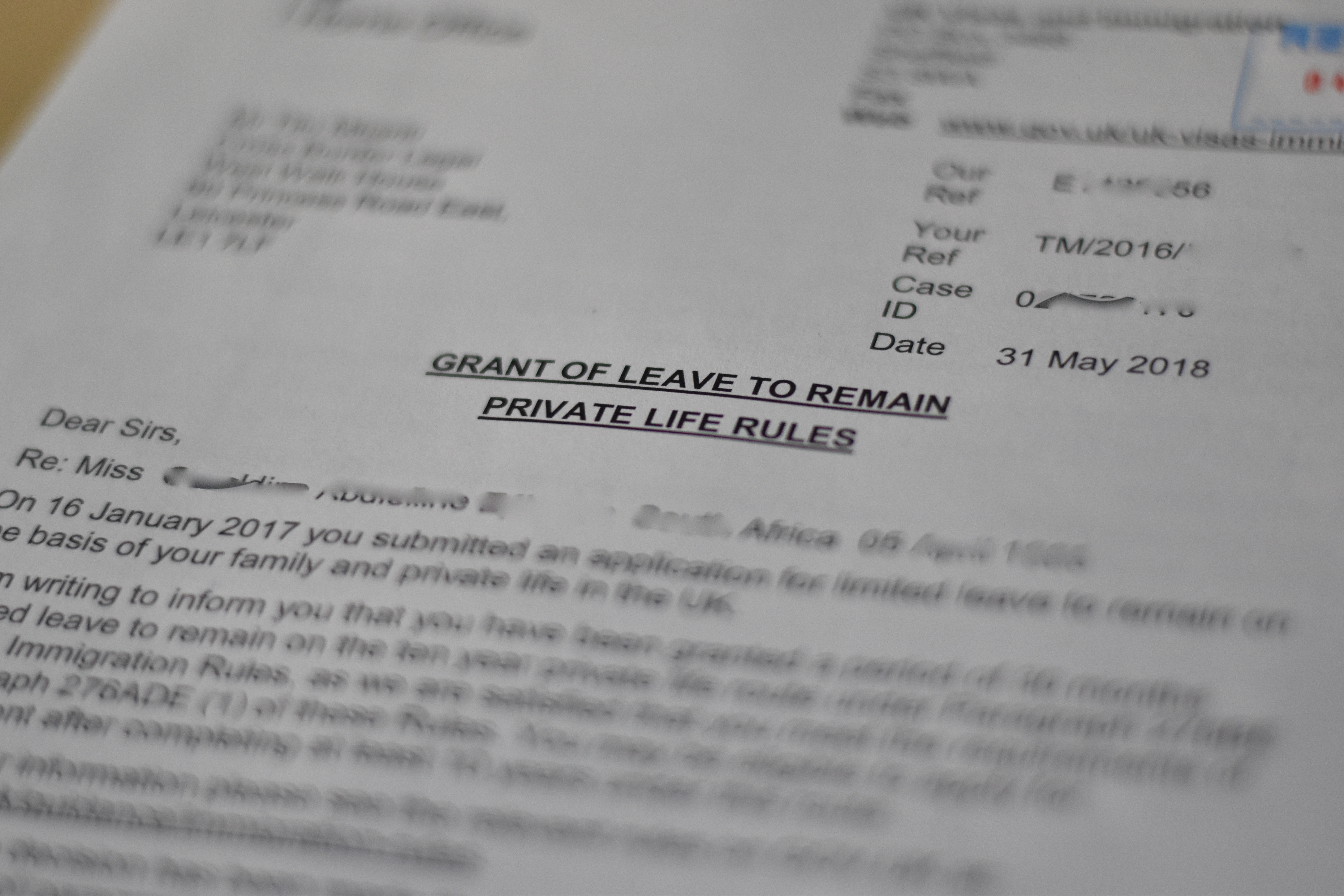General Background
The financial requirement of £18,600 generally must be met by anyone applying for entry clearance, leave to remain or indefinite leave to remain in the UK as the non-European Economic Area (non-EEA) national partner or dependent child of a person, who is either a British citizen or has Indefinite Leave to Remain in the UK. Please note that sometimes the financial requirement might be a bit higher if sponsoring a non-EU partner and child/children.
Continue Reading →




